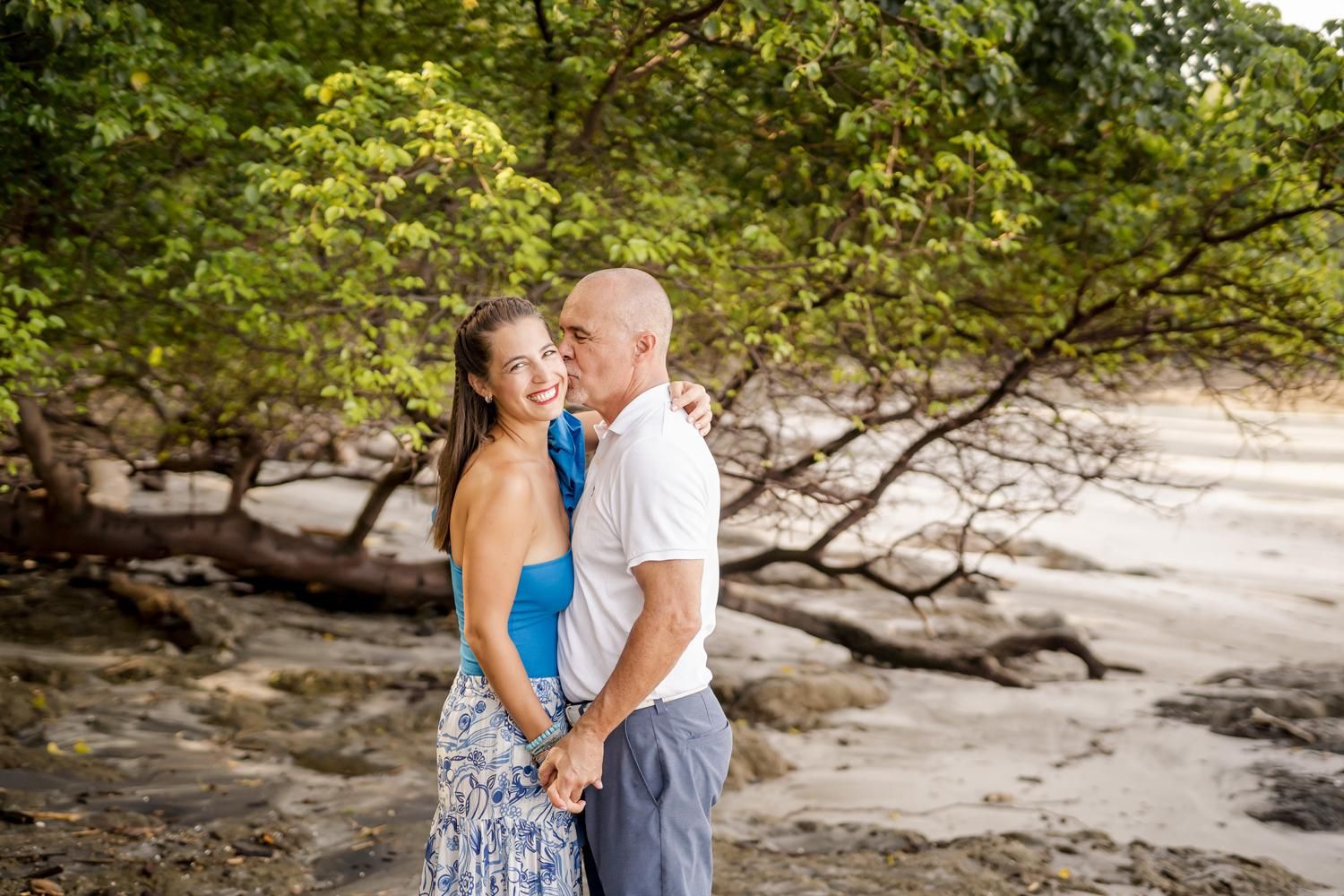As told to Kimberly Rex
I had my first symptoms on a Sunday in July 2011. I was 28. After a weekend away with the guy I was seeing, I knew something wasn’t right. My genitals were painfully inflamed and blisters seemed to be forming. I immediately thought it could be herpes but never believed I could get a sexually transmitted infection (STI). Like many people, I had a preconceived notion about what type of behavior leads to that diagnosis. I didn’t judge anyone but thought that, since I was in a monogamous relationship and got regularly tested for STIs, such a thing could never happen to me.
I was wrong. It just takes one sexual encounter with an infected person to get an STI.
Four days after a visit to the doctor, she called to let me know I’d tested positive for herpes. At first, I took the information well. Though part of me wanted to, I didn’t pull over the car and sob. Instead, I thought about next steps. With my best friend’s advice, I decided to contact my past partners that day to tell them.
I dialed each number with shaky hands and took deep breaths before speaking. While some men were supportive and understanding, others were defensive and angry. Afterward, I was emotionally exhausted. But it was a Friday, and I still had to return to work at my sales job.
I stood in the doorway of my colleague Bill’s office to ask him a question. “Are you okay? You don’t look right,” Bill said. I stepped inside, closed his door, and slid down the wall to the floor. I cried and cried as I told him, my tears falling onto my turquoise dress. Bill wasn’t sure what to do, but he was calm and kind. He told me to go home for the day and call him if I needed anything.
I went to my boyfriend’s place that night, a bottle of wine and a bag of candy in hand. When I told him the news, he called me terrible names and kicked me out. I grabbed my things and left, but when he followed me out to apologize, I accepted and stayed.
For the rest of the weekend, while other 20-somethings, including my boyfriend, were at the beach partying, I lay in my bed in the fetal position thinking my life was over.
This was the first problem I’d faced with no resolution. Herpes wasn’t going away. Ever. I spent the next two years in a very dark place. I was angry and cried daily. I continued dating my boyfriend, believing no one else would ever want me or truly love me. I really thought herpes meant the end of my life in every way. I didn’t think anyone, not just romantic partners, would accept me, and I couldn’t accept myself. I felt undeserving and unconfident. My herpes outbreaks were frequent. I cried every time from the pain, the sores and the simple reality of it all.
At 29 years old, I boarded a plane for a trip with my boyfriend. As I sat beside the window, I started sweating and my heart raced. I stood up to visit the bathroom but passed out in the aisle, smacking my head against the floor. After that, I knew I needed to end my relationship and make big changes. I didn’t want to be in this dark place anymore.
Little by little, I started doing self work. I began eating a balanced diet and avoiding foods that can trigger a herpes outbreak. I took up meditation and yoga, which not only helped my mental health but lowered my stress, another outbreak trigger. My outbreaks lessened as my body adjusted to my new lifestyle.
I attended self-improvement workshops and even found inspiration in Newton’s third law. If every action has an opposite and equal reaction, I needed to give out what I wanted to get back. If I held onto my anger and distrust, that’s what would come in return. Instead, I gave love to anyone I saw. Whether it be my mailman, someone at work or a cashier, I imagined sending them love and compassion. And I noticed that day after day, I started to get love back.
I knew I wanted someone special in my life who loved me for me, so I put myself in a position to meet men. If someone asked me out, I went. It didn’t matter anymore if someone wasn’t my “type.” The more people I met, the more I’d grow and the more opportunity I’d have to meet the right man for me.
I didn’t have sex with all these men. I got to know them and practiced telling them about my STI. Some of those conversations went well. Others didn’t. I got rejected by people I really liked. While it hurt at the time, I was confident that even if one door shut, another would open.
In the end, I married someone who didn’t need me to tell him about my STI — Bill, the colleague who comforted me while I sobbed in his office the day of my diagnosis. After working on myself for a while, Bill and I realized there was something between us and found our way to each other. We were married in 2017, and two years ago, we welcomed our son into the world.

Today, while herpes can be inconvenient, especially if an outbreak occurs on vacation or a romantic night, the virus doesn’t affect my marriage or my happiness. When I have outbreaks now, I might feel remorseful about the past, but I can’t change what’s happened, and I’ve forgiven myself for my past choices. On the whole, herpes has actually improved my life. Now, I eat in a way that keeps me healthy and boosts my immune system. I make sure I get enough sleep, and I’ve learned to be more confident in who I am. I’m married to the love of my life, and we’re raising a beautiful little boy.
I encourage everyone to be sexually responsible, to get regularly tested and to insist their partners do the same. Some STIs can have long-term effects like infertility. In this case, it is far better to be safe than sorry.
You can read more about Alexandra’s story on her website, Life With Herpes.







